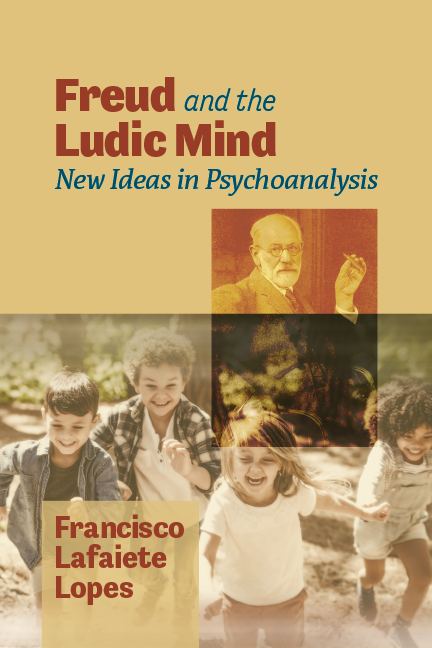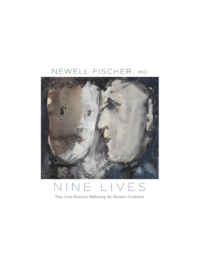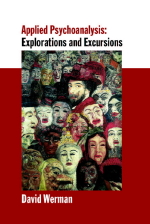Freud and the Ludic Mind: New Ideas in Psychoanalysis by Francisco Lafaiete Lopes
$35.00
Freud and the Ludic Mind: New Ideas in Psychoanalysis
What would happen to psychoanalytic theory if, instead of adopting the death drive──drive toward death and destruction──Freud had chosen to conceptualize the ludic drive, merely mentioned by him in his studies?
Freud and the ludic mind: new ideas in psychoanalysis were initially written for readers with a psychoanalytic background, but other readers may also take advantage of it. The psychoanalyst will see what happens when the author introduces the hypothesis of a ludic drive into the classical Freudian model──an impulse for living an active life, a life in which one is all the time doing, feeling, talking, listening, or imagining something. He hypothesizes that the ludic drive results from an innate intolerance for inactivity. The result is a new theory of the mind that, in a peaceful and nonexclusive way, incorporates many recent developments of psychoanalysis into the classical Freudian construction. It opens a wide range of new possibilities for clinical activity.
This book provides a broad and profound reflection on possible paths of psychoanalysis, with a theoretical framework built on contributions by Freud, Hartmann, Alexander, Hendrick, Mahler, Winnicott, Kohut, Melanie Klein, Bowlby, and others. It merges the core ideas of major psychoanalysis schools into a new Freudian metapsychology. The author takes the psychoanalytic theory of mind back to where Freud left it in 1940, and from there builds a new, improved, and modernized version
About the author
Francisco Lafaiete Lopes, a Brazilian living in Rio de Janeiro, is an independent consultant and a researcher. His connection with psychoanalysis came from a long personal therapy experience from 1982 to 2004. It had varying intensities over its 22-years span, but always with the same analyst and later friend, Dr. Osmar de Salles. For the last 15 years, he has been dedicated to this book.
Advanced Praise for Freud and the Ludic Mind: New Ideas in Psychoanalysis
Over the past fifteen years, I have followed this book’s preparation with almost weekly meetings for discussion. rom the beginning, I realized the author had great potential, but I did not fully believe in his project. I think I underestimated his ability and determination to produce such a significant contribution. At times, his goals even seemed to be somewhat naive. However, over time I discovered the author had evolved to the point of having a better command of the field than most psychoanalysts I know, despite his economic science background and having had no formal training in psychoanalysis. Now my reaction to this book is one of bewilderment and fascination. It is a tour de force, an impressive contribution to the development of psychoanalysis.
Osmar de Salles, MD, member of IPA and the Psychoanalytic Society of Rio de Janeiro
I just finished reading this book, an attractive and challenging text full of creative originality. Indeed, creativity and innovation are hallmarks. I learned a lot from reading the book, a necessary critical overhaul of our present state of knowledge. I find it a masterful work.
Renato Barauna, MD, member of IPA and Psychoanalytic Society of Rio de Janeiro, one of the founders of the Brazilian Association for the Study of Psychoanalytic Psychology of the Self (ABEPPS)
I have read this work with great interest and find quite impressive the author’s competence in the field. The control of specific literature is formidable. One can immediately see his maturity and intellectual creativity. The book is dense but still a pleasant reading, arousing much curiosity. It is a gigantic tour de force to propose a theory that renews psychoanalytic metapsychology in something as fundamental as drive theory. This concept is one of the theoretical pillars of psychoanalysis, and therefore, any revision made in this field always requires an enormous intellectual effort. There is no doubt this is a book of great value in the present landscape of psychoanalysis.
Jurandir Freire Costa, psychiatrist, and psychoanalyst with a master’s degree from the École Pratique des Hautes Études de Paris, researcher and lecturer at the Department of Psychiatry at the University of the State of Rio de Janeiro (UERJ)
In stock




